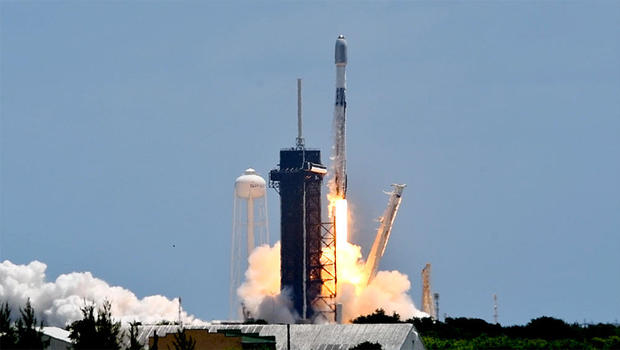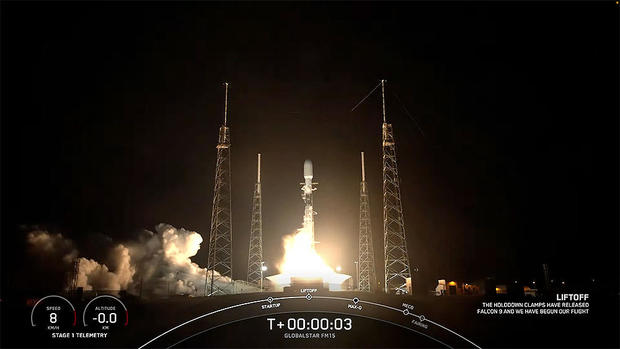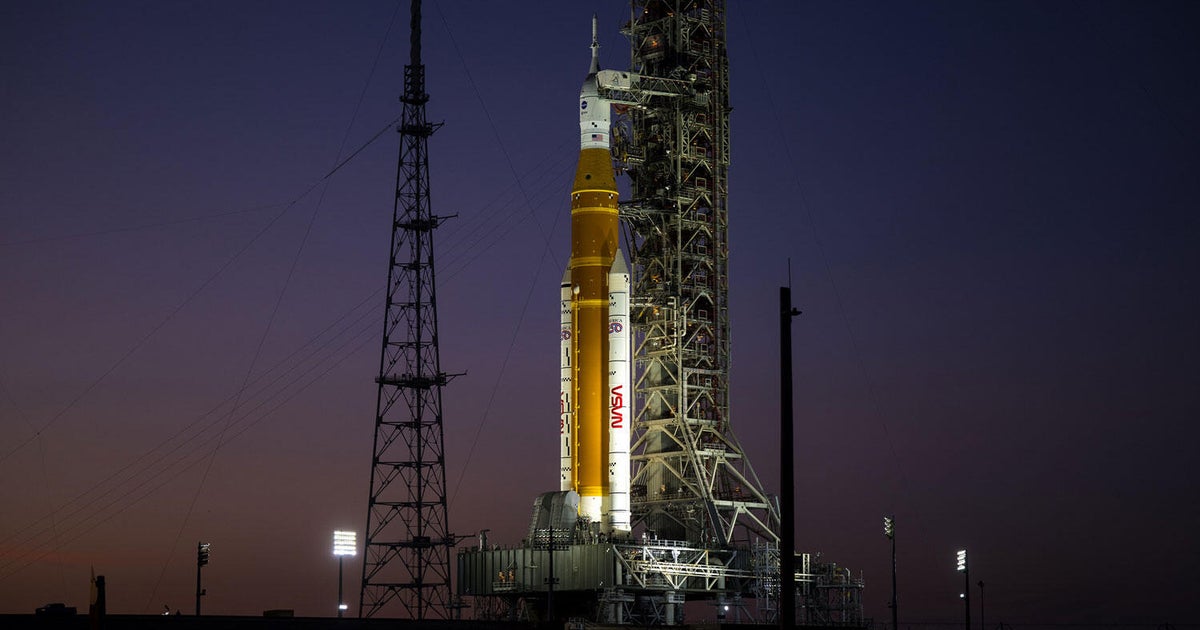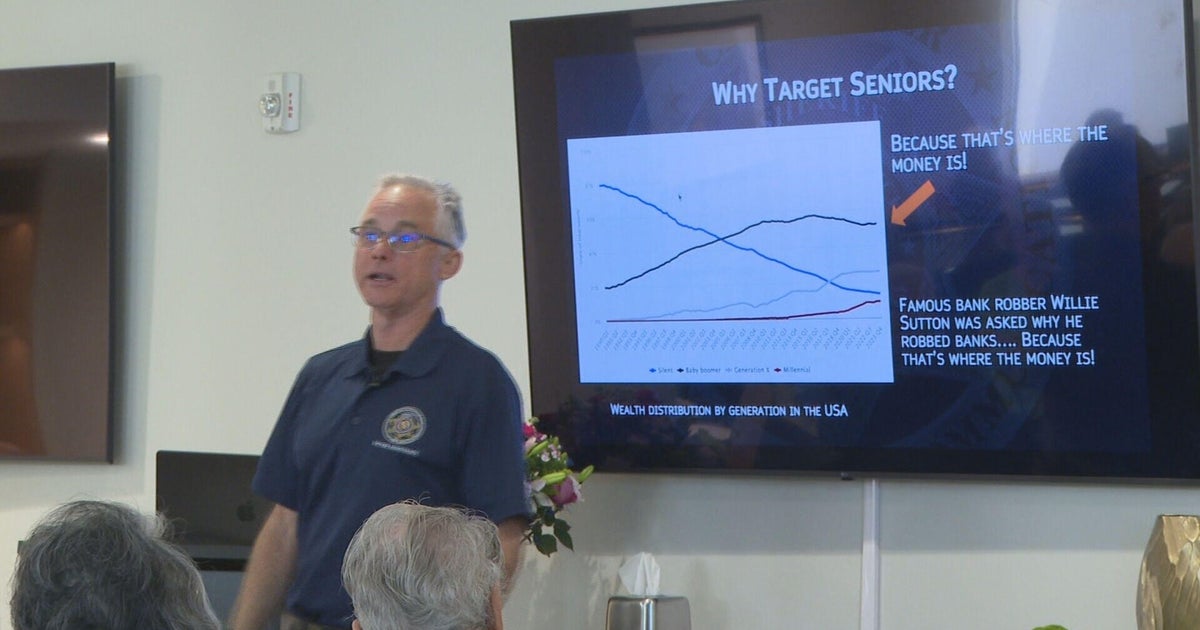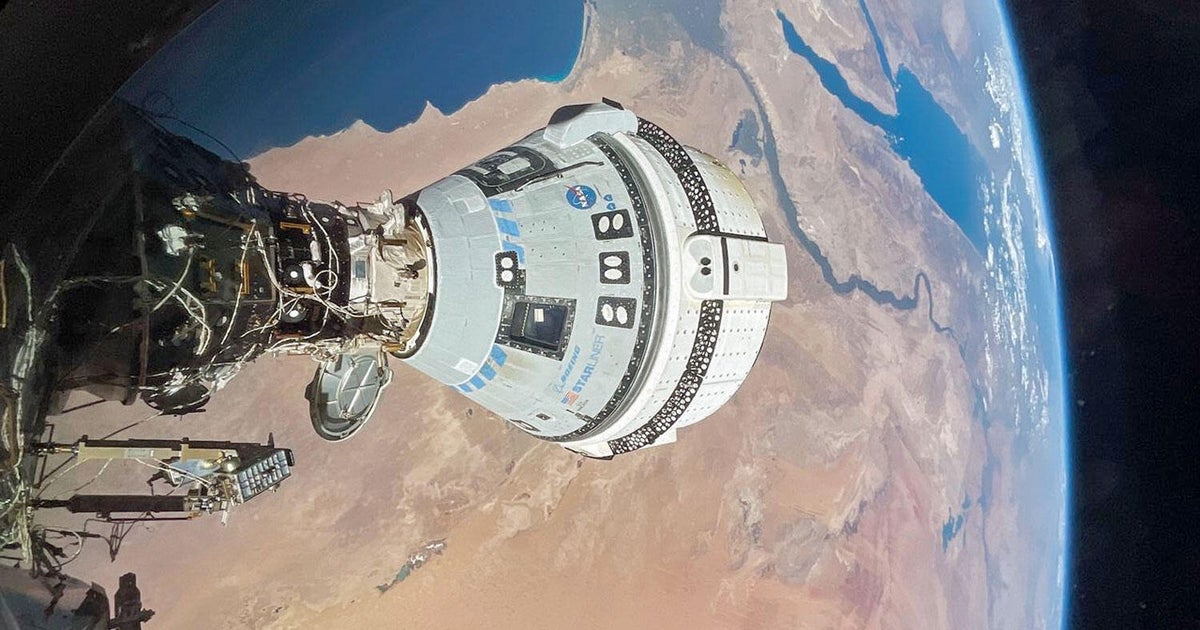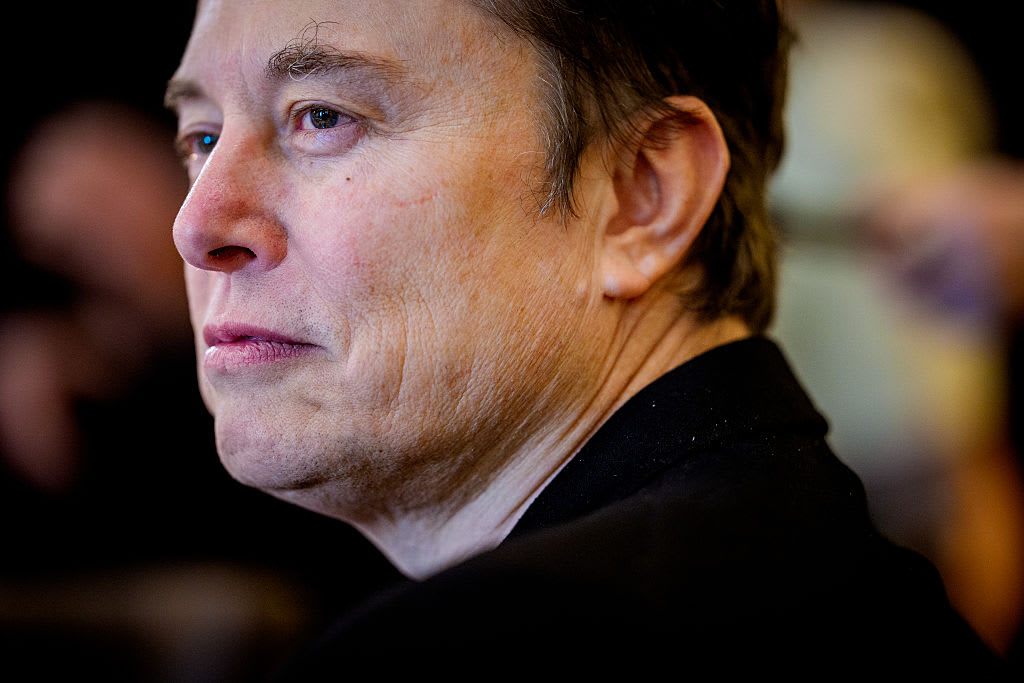SpaceX launches 55 satellites in three launches in less than two days
SpaceX completed a record triple-header early Sunday, launching a Globalstar communications satellite from Cape Canaveral after putting a German radar satellite in orbit from California Saturday and launching 53 Starlink internet satellites Friday from the Kennedy Space Center.
The Globalstar launch capped the fastest three-flight cadence for an orbit-class rocket in modern space history as the company chalked up its 158th, 159th and 160th Falcon 9 flights in just 36 hours and 18 minutes. More than 50 launches are expected by the end of the year.
The SpaceX trifecta began at 12:09 p.m. EDT Friday when a Falcon 9 using a first stage making its 13th flight thundered away from pad 39A at the Kennedy Space Center carrying another batch of Starlink satellites, pushing the total launched to date to 2,706.
Twenty-two hours later, at 10:17 a.m. Saturday, another Falcon 9 boosted Germany's SARah 1 radar reconnaissance satellite into polar orbit from Vandenberg Space Force Base in California.
Sunday's flight began at 12:27 a.m. when yet another Falcon 9 took off from pad 40 at the Cape Canaveral Space Force Station, lighting up the overnight sky as it climbed away to the northeast over the Atlantic Ocean.
Two-and-a-half minutes later, the first stage fell away and headed for landing on an offshore droneship while the second stage continued the climb to space. Three second-stage engine firings were required over a little less than two hours to reach the planned orbit.
Finally, around 2:20 a.m., the Globalstar FM15 satellite was released to fly on its own, bringing SpaceX's third flight in less than two days to a successful conclusion.
Globalstar operates a constellation of satellites that provide voice and data services to users around the world. The FM15 satellite was built as a spare more than 10 years ago and it now presumably is needed to increase network capacity for Globalstar satellite phone users and data transmission.
